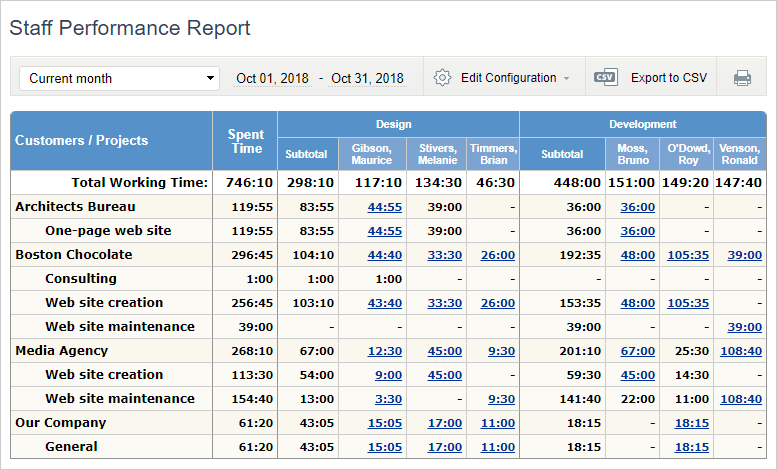
With the rise of digital entrepreneurs came the need to have virtual teams. Finding remote employees and getting them on board is one part of the equation. Then comes the time to start managing them.
How to manage remote teams effectively? How to make sure they understand their responsibilities correctly and are really working on what’s assigned to them, instead of spending their time elsewhere? What can we do to motivate them to do better work and be engaged, to communicate often and get to know each other?
Here are some tips on how to manage remote teams and get better at managing a team from anywhere in the world.
How to Manage Remote Teams Effectively
1. Encourage Transparency
As a manager and leader, you also need to lead by example. You can’t expect your remote workers to open up, get to know you and each other or discuss projects and share their opinion if you don’t do that yourself.
Be transparent. Get them involved in all aspects of the business, share with them the company vision and objectives, let them resonate with that. Then, set clear expectations, tell them some things about yourself and let them talk about something other than work too.
That’s when virtual meetings come in handy.
2. Hold Regular Meetings
This is one of the challenges of working with a remote team as everyone’s in a different time zone. But you can do it.
The only way to understand what kind of people you have on the team is to meet at least once a week and just create a friendly and honest environment where everyone can talk about anything. Consider it virtual coffee and even call it that way.
There are many benefits to virtual meetings. It doesn’t matter if the remote workers are traveling, at home, at a co-working space or in a coffice. The point is to sign in the software you’re using for such meetings and relax for the next half an hour or so.
Over time, you’ll connect with each other and will feel more like a team.
3. Organize Your Work
A proper structure is what boosts any business. Managing people across the globe without knowing what everyone’s working on and having many projects on your hands can easily turn work into chaos. That’s why you need to create procedures and implement project management systems, set rules and share them with everyone on the team.
For a start, organize all the data, categorize it, and make it available to all team members. Decide on the communication style for each situation. For example, you can email each other for things that can wait, but can also use a chat room that’s open 24/7 if something urgent comes up.
Set clear deadlines and make sure everyone knows the next steps on the project. Make use of the collaboration and sharing options that project management tools offer so you can see what others are working on and what’s left to be done.
4. Use a Time Tracking Tool
Another thing you need in your arsenal is a time tracking tool. This is an efficient way to keep your employees on track, review their performance, set clear objectives, and increase team productivity.
Be sure to introduce the new piece of technology to your team and let your colleagues know how they can use it to their advantage. They should understand that it will help them manage their time better too and thus not waste any of it, so it’s a win-win situation.
Timesheet software will help workers be mindful about the time they spend on their tasks, which improves concentration and fights distractions. Also, time tracking tools eliminate the pain of accurate payroll calculation. You’ll never over- or underpay anyone when you have exact data of their work time expenses.

The main benefit of special time tracking tools for remote teams is that every employee feels like they are in charge of their time. At the same time, they can spot unproductive activities and weak points in their performance and do something about them.
5. Aim to Create a Strong Company Culture
Last but not least, your goal should be not just to have a team that’s location-independent but to build a powerful company culture. This can happen by getting to know each other, working towards the same goals, respecting each other’s time and valuing everyone’s skills and talents.
Ready to Manage Remote Teams More Effectively?
Managing remote teams is challenging: organizing a meaningful process, monitoring team members’ activities and keeping track of work process is much harder than at an office. However, follow some simple rules, and you’ll do it. This way, you can have a group of loyal, hard-working and productive employees that will help you reach the company vision sooner.











































